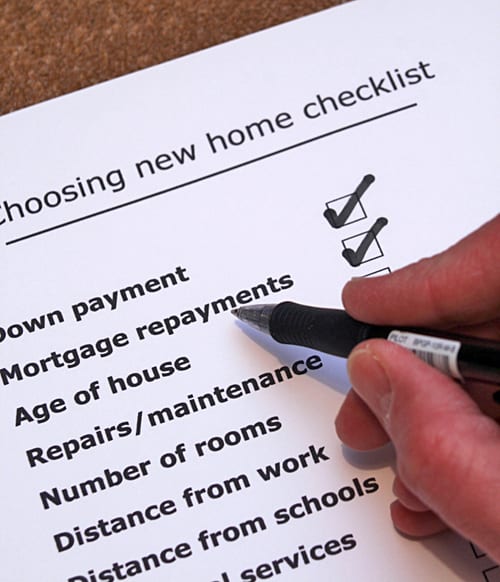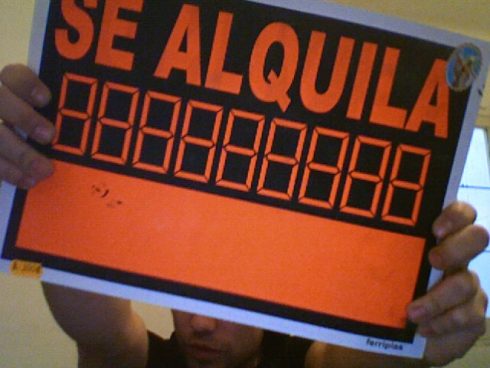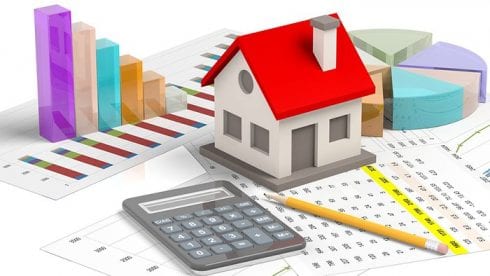To complement last month’s columns about what to consider when selling a property, here’s a brief rundown of the most important steps prospective buyers need to take when purchasing.
AFTER what may have been a long search for the home of your dreams, you’ve found a place you want to buy. Congratulations!
At this stage, if you’re a cash buyer who is fully aware of and satisfied about the property’s legal situation and tax issues, you can simply sign a public title deed (escritura) and complete the purchase. For most buyers, however, there are additional steps before completion that usually require the services of a Spanish lawyer:
1) Taking the property off the market: You may decide, or be advised, to pay a small deposit to the vendor or their authorised representative to take the property off the market for an agreed period, while your lawyer does due diligence before signing a private purchase contract. Ideally, prior to paying a deposit, your lawyer should confirm with the Property Registry (Registro de la Propiedad) the property appears under the seller’s name, there are no liens, charges, or legal impediments, and the description reflects reality. The contract should also let you recover your deposit, after signing, if unforeseen circumstances – like hidden charges or structural problems – make the deal inadvisable. If the sale goes through, the deposit forms part of the purchase price.
2) Agreeing terms and a completion date: Some buyers skip the deposit and immediately sign a private purchase contract with the vendor or authorised representative, normally also paying 10% of the agreed price. A private contract identifies both parties; describes the property; details conditions of sale, price, form of payment, date of signing of the public title deed; and stipulates how expenses and taxes will be paid and by whom. Once signed, this is binding for both parties.
Prior to signing, your lawyer will need to examine the title deed, ensuring the seller is the registered owner and has no impediments to sell; verify that details in the Property Registry and Land Registry (Catastro) match and there are no outstanding taxes or other charges; and confirm the town hall (Ayuntamiento) has no planning issues or other charges.
It is also a good idea to conduct a survey to ensure the property has no structural defects, complies with the law, and its electric and water installations meet the utility providers’ regulations.
Once the legal situation is clear and the vendor’s right to sell is confirmed, you can sign a private contract.
Prior to completion, you, or your lawyer, should also ensure the following taxes are all paid up to date:
- Municipal property tax (IBI) and rubbish (basura), for the last four years (ideally, get a certificate from the town hall stating there are no unpaid debts)
- Withholding tax (retención), if the seller purchased from a non-resident
- Special lien (gravamen especial), for the last four years, if the seller is a non-resident company
- Municipal land tax (plusvalía), if the seller is a non-resident individual, as the Tax Office (Hacienda) can claim this from the buyer.
If the property is in a community, you should ensure the seller does not owe any fees, by obtaining a certificate from the president stating no outstanding payments are due. If not, you may be liable for the current and previous three years.
To complete the sale and become the new owner, you also need a NIE number (número de identificación extranjera). This is the foreign identification number necessary to pay taxes and do paperwork with the Spanish Inland Revenue.
Both parties need to sign the public title deed before a notary, who testifies to their identities and sets out the terms of the sale, including the description, price, and payment details. Once this is signed and payment made, you will receive the keys to your new home.
Finally, you need register the transaction with the Land Registry to have maximum protection against claims by third parties.










An even shorter guide to buying property is Spain is: Just don’t do it!
The Cotswalds are lovely this time of year. Ask Derek. lol.
My advice is do not buy any property until the Junta de Andalucia have been have booted out, there has been a full amnesty and some new workable laws have been created. Too many people have been shafted and it is far too risky to buy property in Andalucia while houses are still being demolished and make no mistake about it, they are.
The vast majority of people who have come unstuck used reputable lawyers and had all the necessary checks carried out. They quite simply had the rug pulled from under their feet – do not become the next victim.
Any interested parties should refer to caveat emptor part 2 on 4 March 2014 – there are numerous comments on that article.
The trouble is you can go through all of the above procedure and then still find 1 or 2 years down the road your property declared illegal and liable to be demolished
Do not buy in Spain unless you have enough money to walk away if the deal goes wrong or anything unexpected happens
Wise words from the above, especially in the case of country properties. However, it’s not just country properties that are affected. I have a Spanish friend in Fuengirola, of all places, who has just this week started to fight court action over his flat (in a block of 10) that has been declared “irregular”. He has been fined 30.000 euros (to start with) and had all his accounts embargoed. No prior warning of any issue was ever given. That’s how Spain works. Beware.
I wrote an article in Spanish about the poor record of home protection in Andalucía the other day, contrasting the ubiquitous plastic farms with our nascent retirement homes in the hills, how our short-sighted politicians preferred the type of foreigner that is (horribly) used as something similar to slave labour rather than those Northern Europeans who come here to retire, creating wealth, life and jobs, and got several comments from readers to sod off back to my own miserable county etc (rather missing the point that we are all Europeans). In short, like it or not, the Spanish authorities don’t read the English-language press here and are neither affected by it, nor by the comments that follow. sadly. I think they barely know we are here. Then, if they read something of ‘ours’ in Spanish, they react badly.
“http://www.laopiniondealmeria.com/2014/03/culpo-los-ecologistas-de-algo-que-esta.html”
I agree with all the above comments but would add that the Junta de Andalucia have committed fraud on a massive scale. It was premeditated and they knew exactly what they were doing despite their bogus claims of knowing nothing about the so called illegal properties being built. They did and were lining their pockets with the vast sums of money generated by all the purchase taxes they collected over a period of more than 10 years. God knows what they did with the money but one thing is for sure, nothing useful.
Anyone buying property in Spain should bear in mind that it is very difficult to sell and it is not unusual to have your house on the market for several years before securing a sale. We have been trying to sell our place over there for 3 years despite dropping the price several times.
There is no confidence whatsoever in the legal system and there will not be until the Junta de Andalucia get kicked out and a new administration takes over, changes the law and calls an immediate amnesty. The current Junta have the power to legalise everything tomorrow but refuse to do so and instead sit back and watch the place sink further into decline. The fact that they are happy to watch the pain, misery and suffering caused by their actions (or inaction) speaks volumes about the type of people they are.
I don’t think a change in government at the Junta will make a blind bit of difference. It will just be a case of different snouts in the same trough. The whole system is rotten, from top to bottom. They need root and branch reform here, but the likelihood of that happening, with so many vested interests, is pretty much zero.
I used to think that more EU was probably the answer, that if some (hopefully German) apparatchik in Brussels was calling the shots in Spain and Andalucia things might get better, but now I’m not so sure…
Just don’t buy in Spain, you will regret it.
Agree with all above, We bought off plan ,reputable estate agent,Lawyer, a very good contract so they all said, paid two thirds of total cost and then unfinished, no property, lost all payments and developer found not guilty of fraud by four judges because he said he did not intend to run out of money,